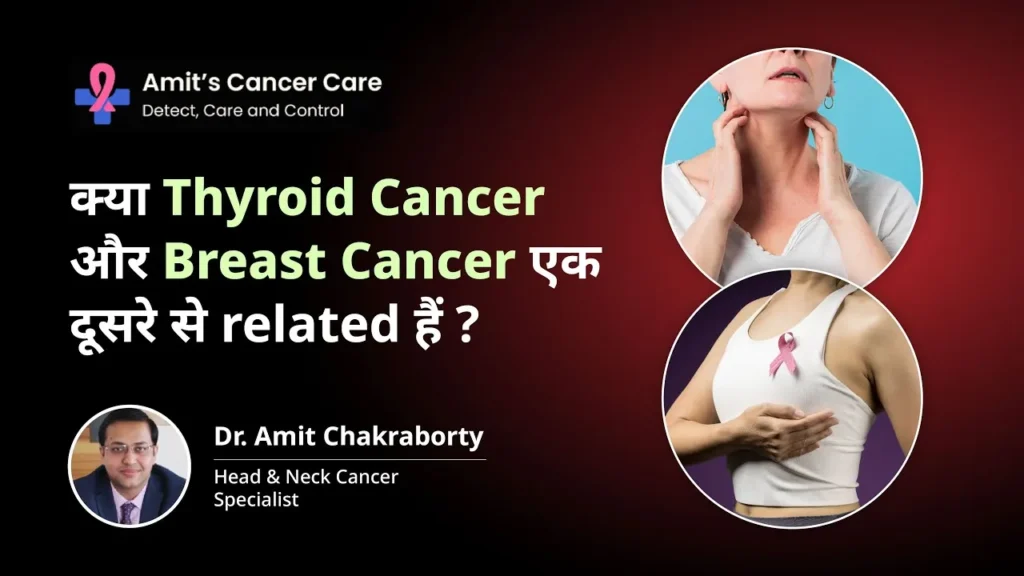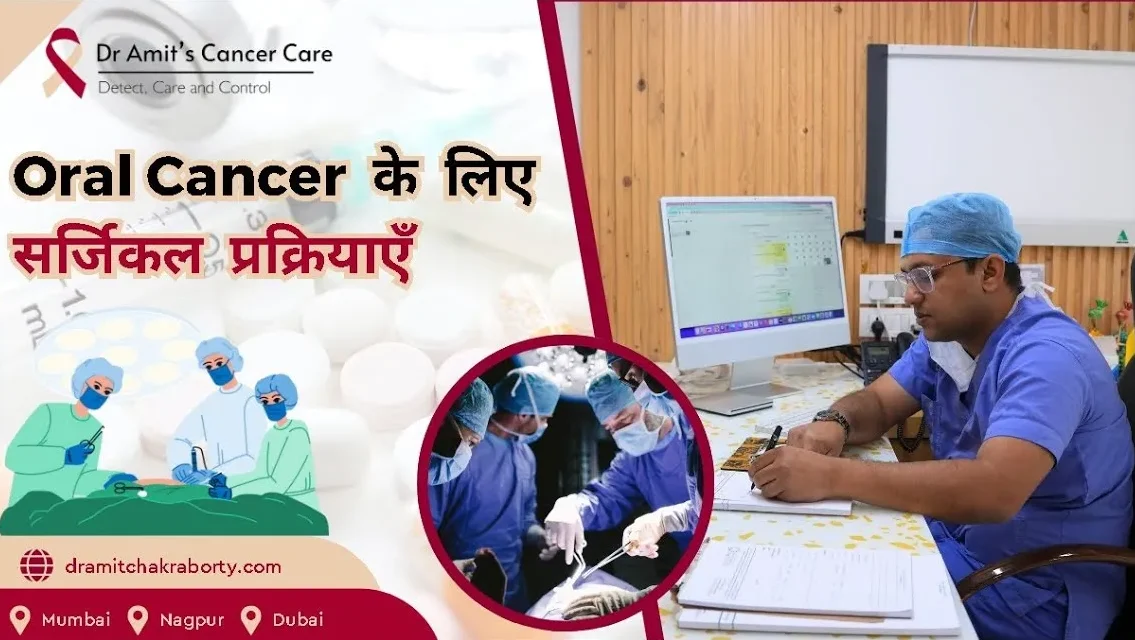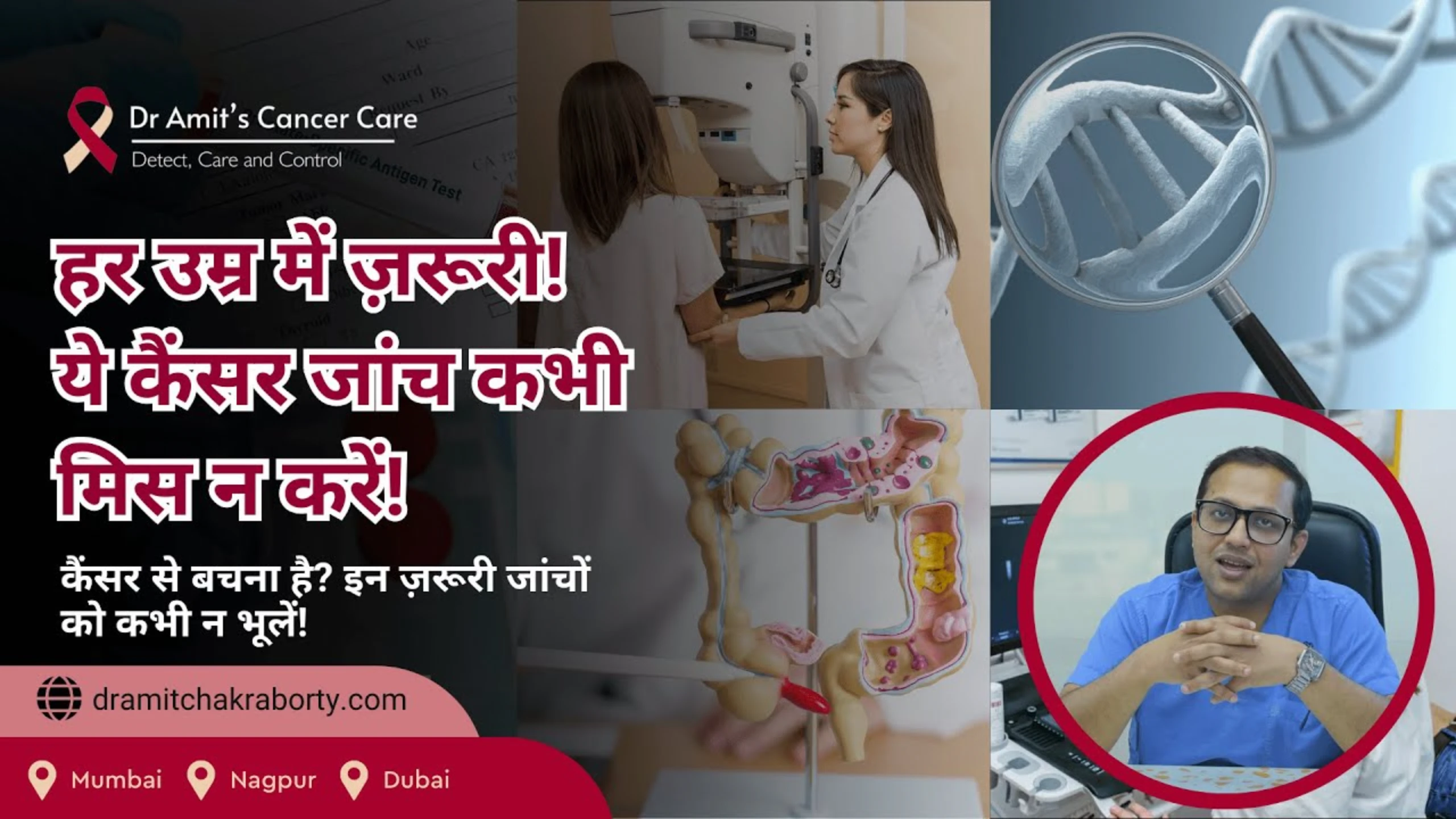Are thyroid and breast cancer-related? This question frequently emerges during consultations and creates a considerable amount of concern for patients.
In this blog post, we delve into this topic to clear up any misconceptions and offer a deeper understanding of the relationship between these two types of cancer.
Exploring the Link Between Thyroid and Breast Cancer
Patients diagnosed with breast cancer often present enlargement in their thyroid gland during routine examinations. This observation has stirred curiosity, leading to extensive research to uncover the link between these two conditions.
While an enlarged thyroid is not always indicative of thyroid cancer, approximately 20-30% of cases have shown a cancerous tendency. Furthermore, several studies suggest a possible genetic correlation between breast and thyroid cancers.
Is It Always Cancerous?
No, every thyroid enlargement detected in breast cancer patients does not imply thyroid cancer. However, to ensure complete patient safety, it is essential to conduct a thorough investigation.
For instance, a PET scan can reveal other lesions in the body apart from those in the breast.
If the thyroid gland enlargement is detected, the next step would be to get an Ultrasound-guided Fine Needle Aspiration Cytology (USG-guided FNAC). This procedure can ascertain if the thyroid lesion is cancerous.
Understanding the FNAC Report
The FNAC report categorizes lesions into six levels under the Bethesda system. Levels 1, 2, and 3 are usually non-cancerous and can be closely observed without immediate intervention.
However, if a lesion falls under Bethesda levels 4 or 5, it suggests a high probability of cancer, and the patient should undergo surgery.
A surgical procedure called ‘frozen section’ is typically used in these instances to analyze the tissue during the operation.
Prognosis and Treatment
Receiving a diagnosis of thyroid cancer, particularly when already navigating breast cancer, can be distressing.
However, it is important to note that the outlook for patients with thyroid cancer is generally very positive. This is due to several reasons:
- Highly treatable: Thyroid cancer is considered one of the most treatable types of cancer, with high survival rates. The treatment approach will depend on the type and stage of the cancer, the patient’s overall health, and other factors.
- Limited requirement for aggressive therapies: Unlike many other types of cancers, thyroid cancer often doesn’t require chemotherapy or radiotherapy. This can be a relief for patients who are already undergoing these therapies for breast cancer.
- Radioactive iodine therapy: This is a standard and effective treatment for many types of thyroid cancer. It involves taking radioactive iodine orally, which then travels through your blood to kill cancer cells.
While managing thyroid cancer, the treatment for breast cancer will continue as scheduled. The approach for breast cancer treatment will depend on various factors, including the disease’s stage. Here are some possible treatment strategies:
- Breast-conservation surgery: Also known as a lumpectomy, this surgery involves removing the tumor and a small margin of surrounding healthy tissue. This is usually followed by radiation therapy.
- Complete axilla removal: In some cases, it might be necessary to remove all of the lymph nodes in the underarm area, a procedure called an axillary lymph node dissection. This may be recommended if cancer has spread to this area.
- Chemotherapy or radiotherapy: Depending on the stage and type of breast cancer, these treatments may be used either before surgery (to shrink the tumor) or after surgery (to kill any remaining cancer cells).
Also, Read- Which is the Most Common Type of Thyroid Cancer?
Conclusion
A simultaneous diagnosis of thyroid and breast cancer might seem overwhelming, but it is essential to remain optimistic.
Both cancers, particularly when detected early, respond well to treatment. We have had numerous successful cases, and we want you to know that you’re not alone in this battle.
Remember, the stage of your disease is a crucial determinant of your treatment plan. If you have more questions about thyroid cancer or want to learn more about our success stories, feel free to discuss them with our healthcare specialist.
Your journey to recovery begins with understanding, and we’re here to support you every step of the way.






